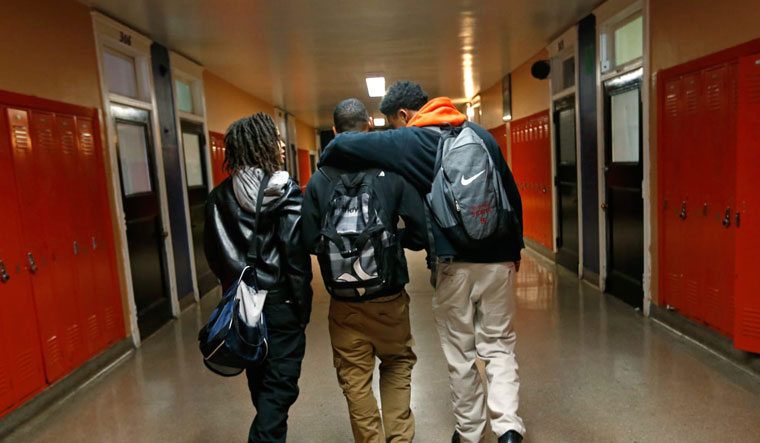In a controversial decision, Burundi government barred pregnant teenage girls and young expectant fathers from attending country's schools, drawing flak from human right campaigners. The decision came even as many African governments introduced new laws to protect pregnant teenager girls’ access to education.
Burundi’s education minister Dr Janvière Ndirahisha said pregnant teens and the boys who made them pregnant would no longer have the right to attend private or public schools in the country. He said such students could instead attend vocational or professional training.
Rights activists have criticised the decision calling it a 'double punishment' for girls. They also raised question on how the schools were going to identify the expectant fathers.
“Unless they have a way of proving it – I am sure they will not get into those details – this ban is definitely skewed towards violating the rights of girls accessing education,” Naitore Nyamu-Mathenge, a human rights lawyer told The Guardian newspaper.
Seven percent of girls aged 15-19 in this East African country have at least one child, according to the UN population fund (UNFPA). Burundi’s Demographic and Health Survey (DHS) showed that 8 per cent of adolescent girls were pregnant in 2017, up from 7 per cent in 2010–11.
Years of conflict has led to high prevalence of sexual and gender-based violence against young girls in Burundi. The country is facing the gruesome problem of girls leaving school because of pregnancies. Data shows that from 2009 to 2015, almost 12,000 girls dropped out of school due to pregnancy.
The teenage conception rate among young uneducated girls in Burundi is 23 per cent which is almost four times of the conception rate among secondary or higher education students, according to data from the education ministry.
Teenage pregnancy rate in the capital city of Bujumbura is 12 per cent while in Ngozi, the country’s second-largest city, it's 15 per cent, says a report on the ozy.com.
In 2013, the education ministry, along with the UNFPA, had launched a Zero Pregnancies at School campaign. However, activists say the crisis will continue to spiral until the use of contraceptives, including condoms, spreads widely among sexually active youth.

